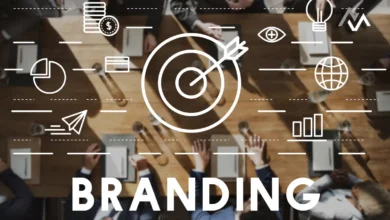Embracing Limitations

Understanding one’s limitations is crucial for leadership. Recognizing and acknowledging personal and organizational constraints allows leaders to set realistic goals and expectations. This self-awareness prevents burnout and enables leaders to focus on their strengths while seeking support in weaker areas. Debevoise highlights that limitations should be seen as opportunities for learning and development rather than hindrances.
Learning from Setbacks
Setbacks are inevitable in any leadership journey. Instead of viewing them as failures, leaders should see them as valuable learning experiences. Reflecting on setbacks provides insights into what went wrong and how similar issues can be avoided in the future. This resilience not only builds stronger leaders but also fosters a culture of continuous improvement within their teams.
Transforming Failures
Failures, while often feared, are essential for growth. Debevoise advises leaders to adopt a mindset where failure is not the end but a stepping stone to success. This involves analyzing failures, understanding their root causes, and implementing changes to prevent recurrence. Leaders who transparently discuss their failures build trust and encourage a learning-oriented environment among their teams.
The Role of Purposeful Leadership
Purposeful leadership, as advocated by Debevoise, involves integrating personal values and organizational goals. Leaders who lead with purpose inspire their teams, drive meaningful work, and achieve sustainable success. By aligning actions with a clear purpose, leaders can navigate limitations, setbacks, and failures more effectively. This approach not only enhances individual performance but also contributes to a positive organizational culture.
Conclusion
Leadership is a continuous journey of navigating limitations, overcoming setbacks, and learning from failures. By embracing these challenges with a growth mindset and a sense of purpose, leaders can achieve lasting impact and inspire their teams to do the same.




